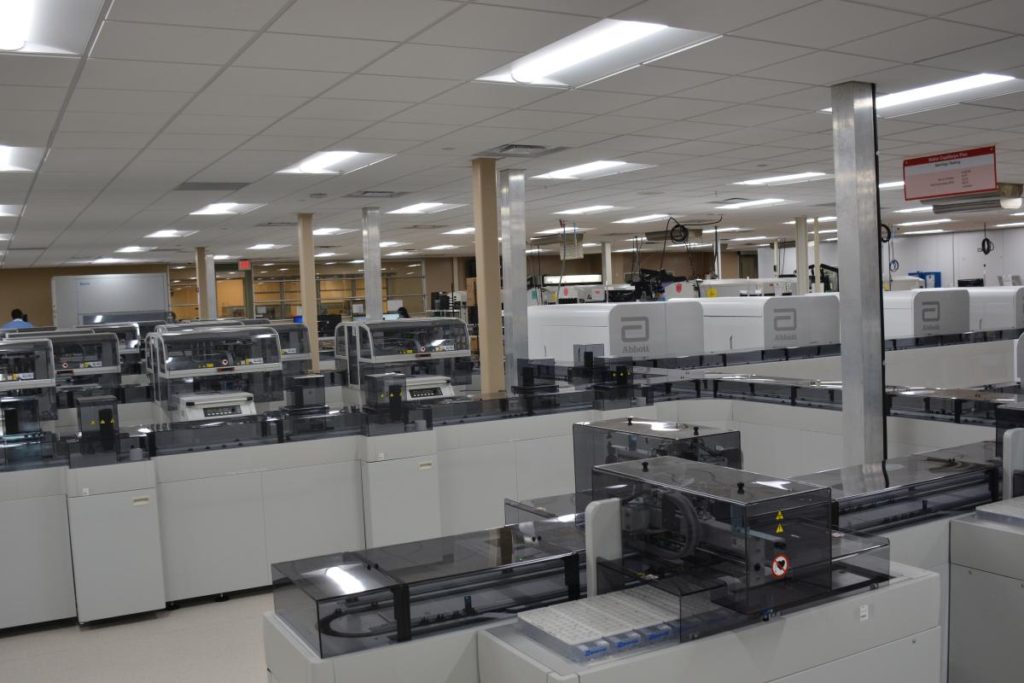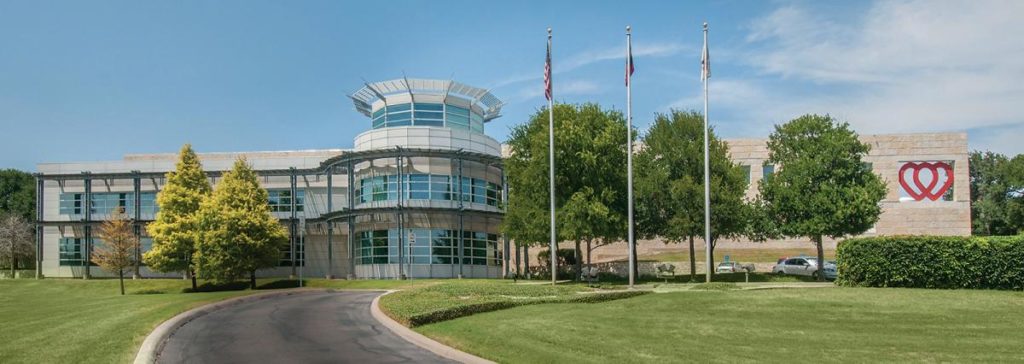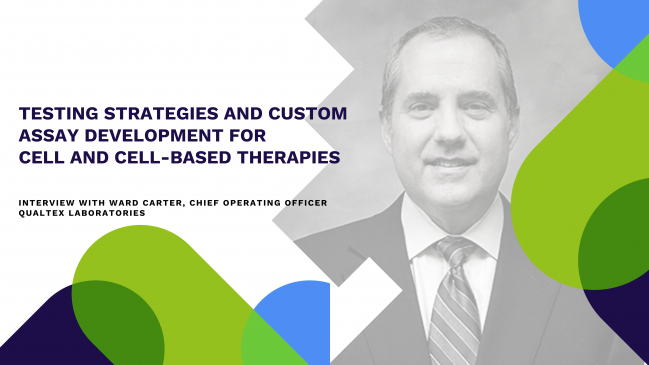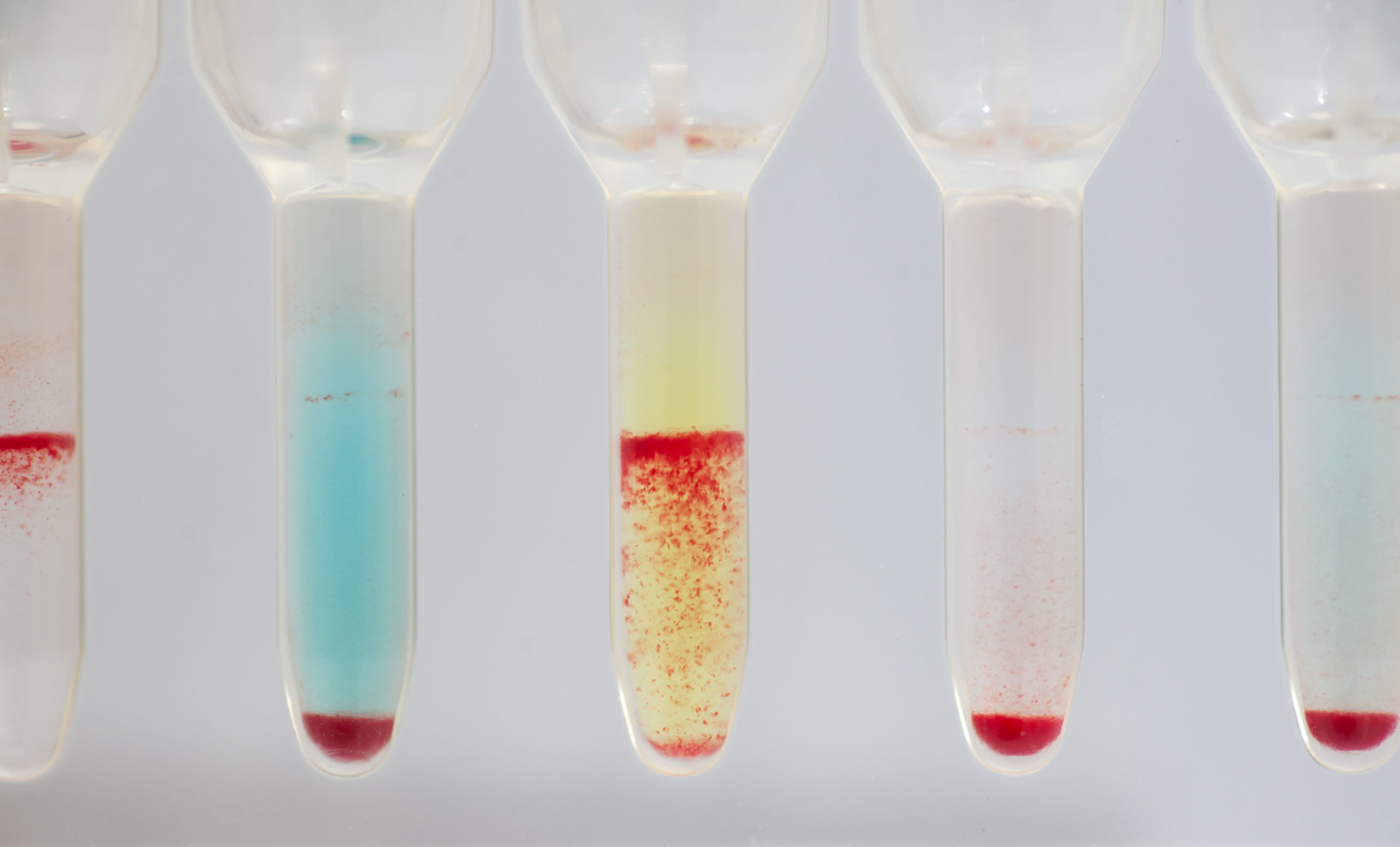Written Jan. 6, 2021 by Michael Adeniya, Event Director, Phacilitate
An Interview with Ward Carter, Chief Operating Officer, QualTex Laboratories
As the cell therapy industry grows and matures, demand for testing has soared. Is testing a bottleneck in getting therapies to market?
It can be, for several reasons. The number of cell therapy development programs has increased dramatically in recent years, and as they progress toward commercialization, demand for testing has grown exponentially. At the same time, only a few laboratories provide testing services for these types of therapeutics.
Increasing capacity and obtaining the required global accreditations takes time and considerable effort, which many organizations are not willing to do, or it doesn’t fit with their growth plans.
Just to give you an example, the Alliance for Regenerative Medicine reported that between 2015 and 2020, the number of regenerative medicine companies grew from 672 to 1,001, and the number of clinical trials went from 631 to 1,078. All this growth means there is a critical need for more testing to ensure safety and performance of these potential new therapies.

How does testing fit in the overall development and commercialization of cell therapies?
Every therapeutic development process begins with qualification of donor material. Depending on the nature of the product, whether it’s a 1:1 product (autologous or allogeneic) or 1:many (allogeneic), the number and complexity of needed tests changes. It’s important to understand that range up front.
Recent feedback from the FDA has highlighted the impact of Critical Quality Attributes (CQAs). Therapeutic developers need to understand their target indication and identify or develop a clear set of potency assays or functional assays early on to support their regulatory approval. The FDA’s recent position regarding a therapy showing clinical benefit, but with insufficient CQAs, makes it clear that moving forward without this understanding is risky.
Researchers also need to make sure a testing laboratory has a process for tech transfer of assays if required, at the pre-clinical, clinical and commercial phases.
In the case of autologous therapies, turnaround times are tight, so there isn’t much available for backup samples. And while tests tend to focus more on whether the cell manipulation worked, the key is making sure the sample passes more standard donor safety requirements. This is especially true in the case of infectious diseases.
And how does testing fit in the overall supply chain?
Testing is an integral part of every step of therapeutic development, and it takes a full-service laboratory with a robust infrastructure to handle receiving and tracking a wide range of sample types. That laboratory also needs to be able to develop custom assays.
In addition, reporting requirements for cell therapies can vary, and the timing of those reports can affect production. It’s critical to the process that testing providers and therapeutic developers stay in regular communications about needs and results.
Given the complexity of the supply chain and the number of stakeholders, it is really important for therapeutic developers to be working with their testing laboratory in tandem with all other partners to establish their testing program, including custom assays.
At what point should biotech organizations be looking at custom assay development?
If they want to be successful, they need to focus on custom assays early in the process. There are Critical Quality Attributes that are essential for approvals throughout the development process, and standard characterization assays often are not going to be sufficient. Critical
Because there are no established standards for potency, it’s essential that researchers define their own standards that may require multiple assays using different platforms. There also are going to be different assays for different time points through the development process. They could start with functional assays – characterization and possibly potency – in animal models, and then look at other assays at different times, for safety, potency and/or characterization.
There are safety assays that will be required before a clinical trial can get underway. Others will need to be converted from in-vivo models into those that can be used in clinical phases of trials.
As a testing partner, we offer both research grade and GxP assays. Biotech companies will need both options, based on where they are in the process of developing and commercializing their product – from qualification to quality control and release testing.

Can you tell us more about BioBridge Global’s journey into cell therapy testing?
BioBridge Global began as a community blood bank in 1974, and in the last 45-plus years, the number and complexity of tests required by the FDA has grown dramatically. We have been performing those tests in-house for many years. Gradually we expanded into testing donations from other blood centers, and then to other types of donor screening, including plasma and human tissue, as well as custom assay development. Our footprint has become global, with accreditations in the United States, Canada, the European Union, Asia and Australia.
In 2016, BioBridge Global was awarded an MTEC contract to develop manufacturing capabilities for cellular products, as well as stand-up capabilities for cell therapy testing. At that time, we decided to invest in a biomanufacturing facility and in the testing required for it. We’re continuing to build a portfolio of cellular therapy assays to support therapeutic developers in their clinical and commercial efforts.


